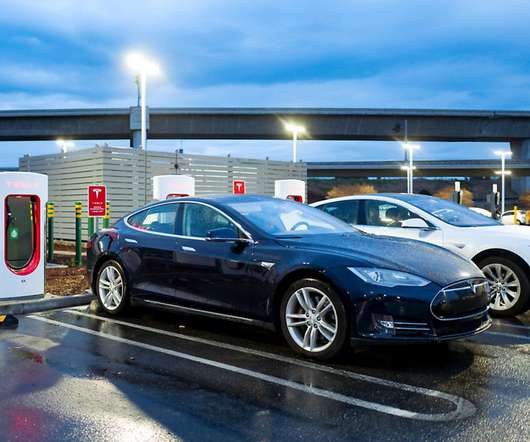Full lifecycle CO2 of new Mercedes C-Class 10% less than outgoing model
Green Car Congress
MARCH 31, 2014
CO 2 emissions of the C 180 in comparison to its predecessor [t/car]. Over the entire lifecycle of the C 180, the lifecycle analysis yields a primary energy consumption of 521 gigajoules (corresponding to the energy content of around 16,000 liters of gasoline); an environmental input of approx. Source: Mercedes-Benz. Click to enlarge.

















Let's personalize your content